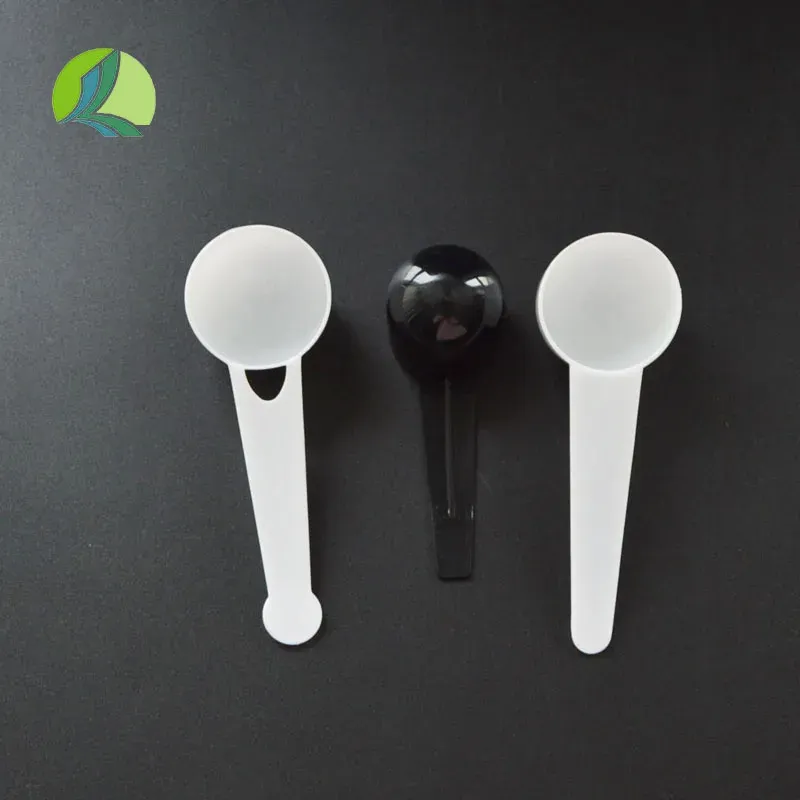Applications and Benefits of Utilizing a Reagent Bottle in Laboratories
Uses of a Reagent Bottle
A reagent bottle is an essential piece of laboratory equipment that serves various purposes in scientific research, education, and industrial applications. Typically made of glass or high-quality plastic, reagent bottles are designed to contain, store, and dispense chemicals safely. The versatility and practicality of reagent bottles make them indispensable in experiments across diverse fields like chemistry, biology, and material science. This article explores the myriad uses of reagent bottles in modern laboratories.
1. Storage of Chemicals
One of the primary uses of reagent bottles is the storage of chemicals. Laboratories often work with a range of reagents, from acids and bases to organic solvents and biological samples. Reagent bottles provide a secure and stable environment for keeping these substances. They can come with a variety of closures, such as screw caps, cork stoppers, or dropper lids, ensuring that the contents remain uncontaminated and safe from evaporation or spillage. The clear or translucent sides of many reagent bottles also allow for easy identification of the contents, which is helpful for lab personnel.
2. Preparation of Solutions
Reagent bottles are frequently used in the preparation of various solutions. Scientists can measure and mix precise quantities of different chemicals within these bottles to create solutions for experiments. For instance, when preparing a chemical solution for titration, scientists typically use a reagent bottle to combine the solute with the solvent. The bottle’s design allows for thorough mixing of the ingredients, and the narrow neck helps pour the solution accurately into other containers as needed.
Many reagent bottles are equipped with dispensing features that facilitate the controlled release of their contents. For example, dropper bottle designs allow for the easy administration of small quantities of liquids, making them ideal for titrations, biological assays, or sensitive chemical reactions. Some reagent bottles, particularly those used for corrosive or reactive substances, include specialized dispensing mechanisms that minimize the risk of accidents and ensure safety while handling hazardous materials.
uses of a reagent bottle

4. Labeling and Organization
Reagent bottles are often labeled clearly to indicate the contents, concentration, and expiration dates, which is crucial for maintaining safety and organization in the lab. Effective labeling helps prevent cross-contamination and reduces the risk of using the wrong chemical during experiments. Many laboratories implement rigorous labeling systems, with color codes or symbol conventions, to enhance safety further. Organized reagent bottles on shelves or in cabinets facilitate quick access to necessary materials, saving time and improving workflow in a busy laboratory setting.
5. Transporting Chemicals
Reagent bottles are also designed for transporting chemicals safely between different locations. Whether moving reagents from a storage facility to the lab or sending samples for analysis to another institution, sturdy and leak-proof reagent bottles ensure that chemicals do not spill or degrade during transit. This reliability is particularly important for volatile substances that require stringent handling protocols.
6. Facilitating Experiments and Research
In research and experimental settings, reagent bottles play a vital role. For example, they can be used to store biological cultures, synthesize compounds, or prepare samples for chromatography. Their versatility is evident in various applications, from simple classroom experiments to intricate research endeavors in industrial laboratories. The robust nature and design flexibility of reagent bottles cater to the unique requirements of different scientific protocols, enhancing experimental precision and efficiency.
Conclusion
In summary, reagent bottles serve multiple critical roles in laboratories, encompassing the storage, preparation, dispensing, labeling, and transportation of chemicals. Their ability to maintain chemical integrity and facilitate safe handling is invaluable to researchers and scientists working with potentially hazardous materials. The contributions of reagent bottles to scientific inquiry are significant, allowing for greater accuracy and safety in experimentation. As research and technological advancements continue to evolve, the utility of reagent bottles remains paramount in supporting innovations across various scientific disciplines. Whether in academic, industrial, or healthcare settings, these bottles are truly indispensable tools in the quest for knowledge and discovery.
-
Aesthetic Makeup Spray Bottles | Fine Mist Empty RefillableNewsAug.19,2025
-
White Plastic Veterinary Vaccine Vials | Lab Liquid BottlesNewsAug.18,2025
-
Plastic Medicine Liquid Bottle: Secure Flip Top Drug VialsNewsAug.17,2025
-
Durable 250ml Blue Plastic Vaccine Vial for Lab & Vet UseNewsAug.16,2025
-
Sterile Virus Sample Tubes: Secure & Reliable Specimen CollectionNewsAug.15,2025
-
White 250ml Plastic Vaccine Vial for Lab & Vet MedicineNewsAug.14,2025
























